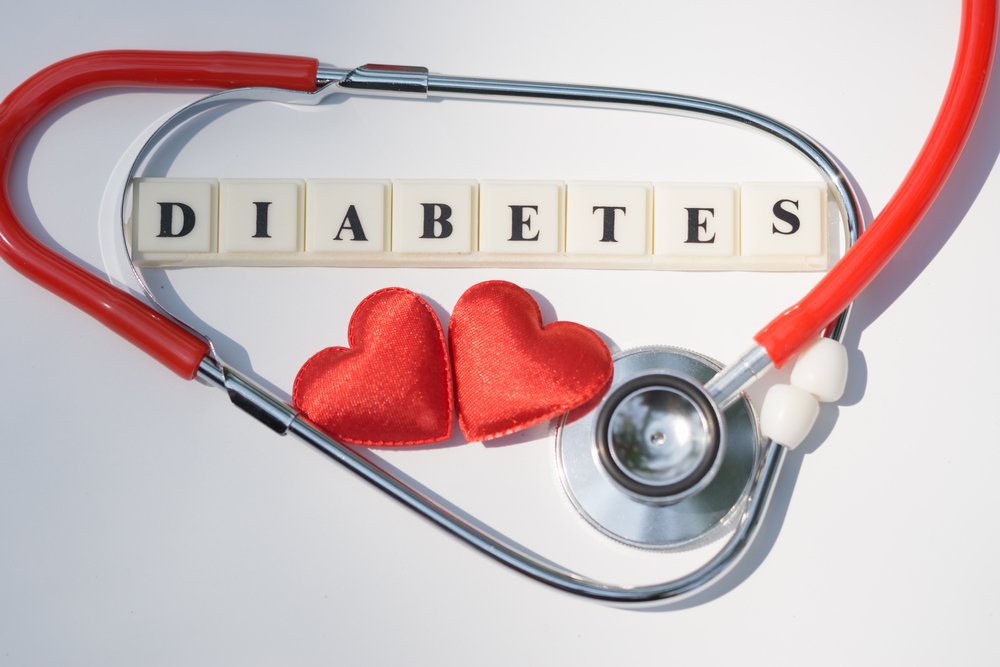The science behind omega-3s keeps getting stronger — and more precise. Recent analyses of major clinical trials like REDUCE-IT, VITAL, and ASCEND continue to reinforce one clear message: when it comes to heart health, dosage matters.
Over the past few years, these large-scale studies have redefined how researchers view omega-3 supplementation, uncovering new insights into its impact on cardiovascular disease, atherosclerosis, and overall heart protection.
High-Dose Omega-3s and Atherosclerosis Prevention
A recent study published in Nutrients conducted a systematic review and meta-analysis of randomized controlled trials (RCTs) examining high-dose omega-3 supplementation and its effect on atherosclerosis — the hardening and narrowing of arteries that leads to heart disease.
The analysis included six major studies, such as REDUCE-IT, which used doses above 3 grams per day in Western populations, and similar studies in Japan using 1.8 grams per day. These different doses were designed to achieve comparable Omega-3 Index levels — a key blood marker of omega-3 status.
When the results were pooled, researchers found that high-dose omega-3 supplementation (EPA + DHA) was strongly linked to slower progression of atherosclerosis compared to placebo.
The takeaway? Omega-3s don’t just lower triglycerides — they also help protect artery walls, reducing plaque buildup and improving long-term cardiovascular health.
According to Dr. William S. Harris, a co-author of the paper, the findings highlight a crucial point: “The benefits are all about dose. The higher your blood omega-3 levels, the lower your heart disease risk.”
Dose Makes the Difference: Lessons from REDUCE-IT, VITAL, and ASCEND
Another recent analysis, published in the Mayo Clinic Proceedings, evaluated data from the three landmark studies — REDUCE-IT, VITAL, and ASCEND — and once again confirmed that dosage is everything.
As the researchers noted, “If the dose of any agent is too low, the agent will be ineffective. Why would omega-3 fatty acids be any different?”
Their conclusion: future omega-3 studies should focus on achieving target blood levels (as measured by the Omega-3 Index) rather than fixed supplement doses.
Understanding the Omega-3 Index
The Omega-3 Index measures the percentage of EPA and DHA in red blood cell membranes and has been shown to predict cardiovascular outcomes better than plasma levels.
Research has revealed that:
-
Each 2.1% increase in the Omega-3 Index correlates with a 15% reduction in risk of fatal coronary heart disease (CHD).
-
Individuals with an Omega-3 Index around 8% have about a 30% lower risk of fatal CHD compared to those with an Index of 4%.
This makes the Omega-3 Index the “cholesterol test” of the omega-3 world — a reliable, long-term marker of heart health.
What Dose Delivers the Best Results?
Experts now recommend that adults who do not eat at least two servings of fatty fish per week consider omega-3 supplementation.
According to the latest analyses, an effective daily dose ranges between 500 to 4000 mg of combined EPA and DHA, depending on an individual’s risk level, triglyceride status, and dietary habits.
For high-risk individuals or those with elevated triglycerides, higher doses closer to the 3–4 gram range have shown the most significant cardiovascular benefits.
Larger Data, Clearer Answers
A major meta-analysis published in the Journal of the American Heart Association combined data from 13 trials — including REDUCE-IT, VITAL, and ASCEND — covering nearly 130,000 participants.
The results showed that omega-3 supplementation significantly lowered the risk of:
-
Myocardial infarction (heart attack)
-
CHD death
-
Total cardiovascular death
-
Major vascular events
The benefits increased linearly with dosage — meaning the higher the intake of omega-3s, the greater the cardiovascular protection.
Interestingly, while omega-3s reduced most cardiovascular risks, they did not appear to impact stroke incidence, suggesting their effects are more pronounced in coronary-related conditions.
What Did REDUCE-IT Really Achieve?
The REDUCE-IT trial remains one of the most impactful omega-3 studies to date. Participants taking 4 grams of pure EPA (Vascepa) daily experienced a 25% reduction in cardiovascular events — even while on statins.
Further analysis estimated that participants’ Omega-3 Index levels increased from around 5% to 7% during the study — a range strongly associated with cardiovascular protection.
Dr. Bill Harris noted, “If you’re taking 4 grams per day and your Omega-3 Index reaches around 7%, you’re in the protective zone. Whether going higher would offer even greater benefits remains to be seen.”
Upcoming trials like STRENGTH, which uses 4 grams of combined EPA and DHA, will shed more light on whether mixed formulations offer even stronger protection.
The Bottom Line: Dose, Quality, and Consistency Matter
The consistent theme across all these major trials is clear:
-
Omega-3s are highly effective for heart health — when taken at the right dose.
-
A daily intake of 500–4000 mg of EPA + DHA is both safe and beneficial.
-
Achieving an Omega-3 Index of 8% or higher may provide the greatest protection against heart disease.
Whether you choose to eat more fatty fish or take a high-quality supplement, the science now confirms that reaching and maintaining optimal omega-3 levels could be one of the simplest, most powerful strategies for long-term cardiovascular health.




